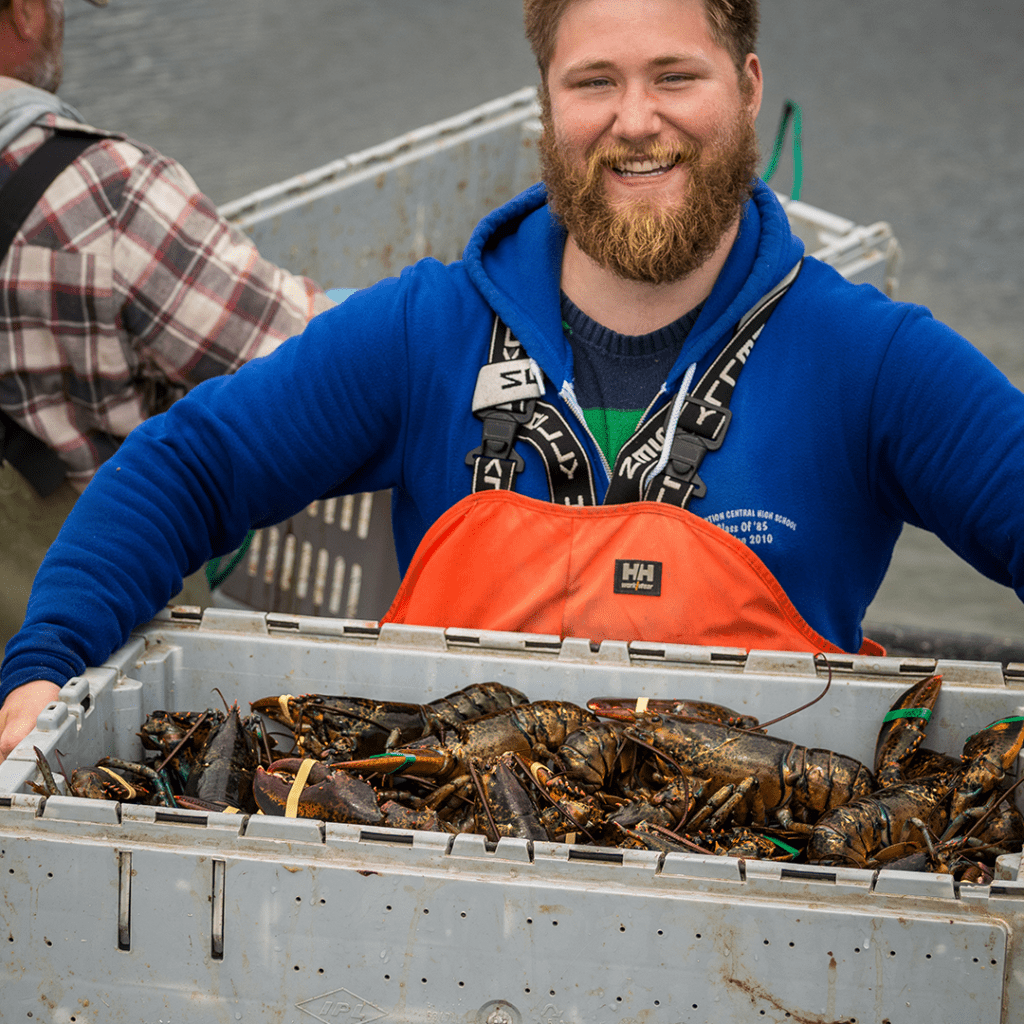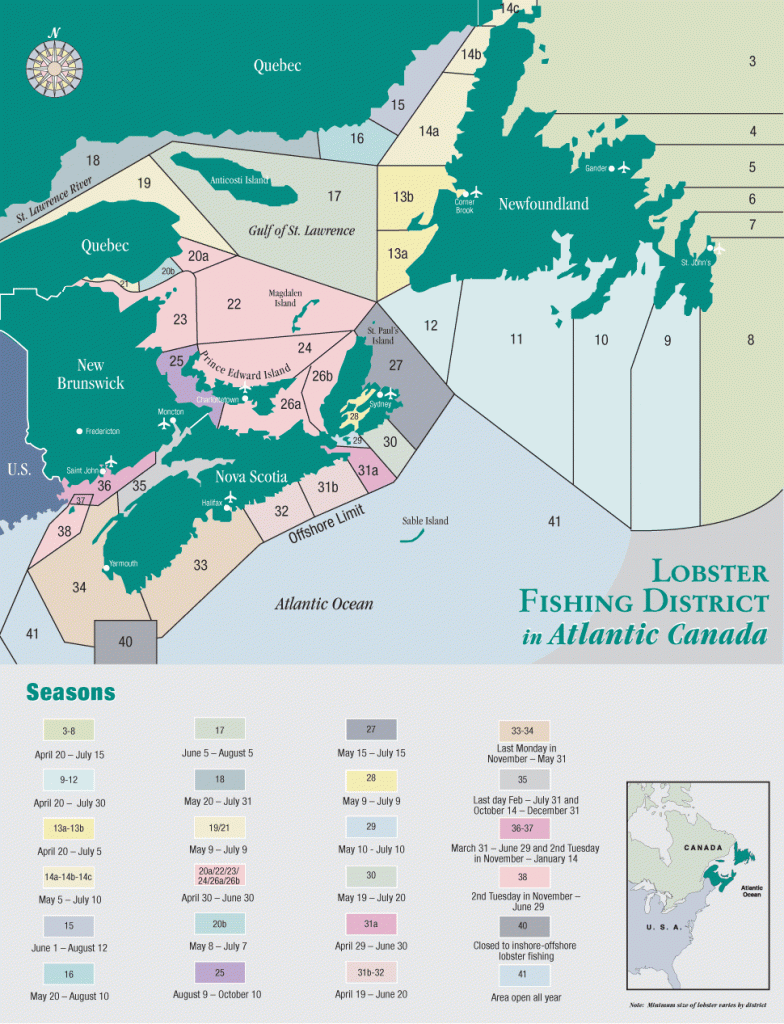Sustainability

In the early 1870s, Canadian lobster harvesters decided to protect egg-bearing females. This marked the beginning of one of the most respected conservation legacies in the world. Since then, the Canadian lobster fishery has been an international leader in sustainability, along with the rest of our nation’s proud and well-managed fisheries.
Fisheries and Oceans Canada works closely with our industry to plan where and when lobster is fished (Licensed Fishing Areas, or LFAs). Together, we manage the inshore lobster fishery for ‘input control’, constantly assessing the health and stability of the Homarus Americanus population to balance how much we take, and what we protect for the future.
- We issue a limited number of licences and put limits on the number of traps.
- We limit and stagger fishing seasons to protect summer moults.
- We protect egg-bearing females, releasing them back to the sea to preserve their natural reproductive cycle. In fact, when we know we have a good reproducer, some harvesters cut a v-shaped notch in the female’s tail prior to release to ensure she will be released in the future, even when not bearing eggs.
- We do not take lobsters below the minimum size, to give all the chance to reach full adult maturity and reproduce.
- In some LFA’s we also have a maximum size limit to protect large lobsters who tend to produce a higher volume of eggs.
- Our traps allow undersized lobsters to escape. We also design them with biodegradable escape panels so that if traps are lost, they will degrade quickly and not continue ghost fishing.
- We constantly monitor and enforce fishing regulations and licencing conditions.
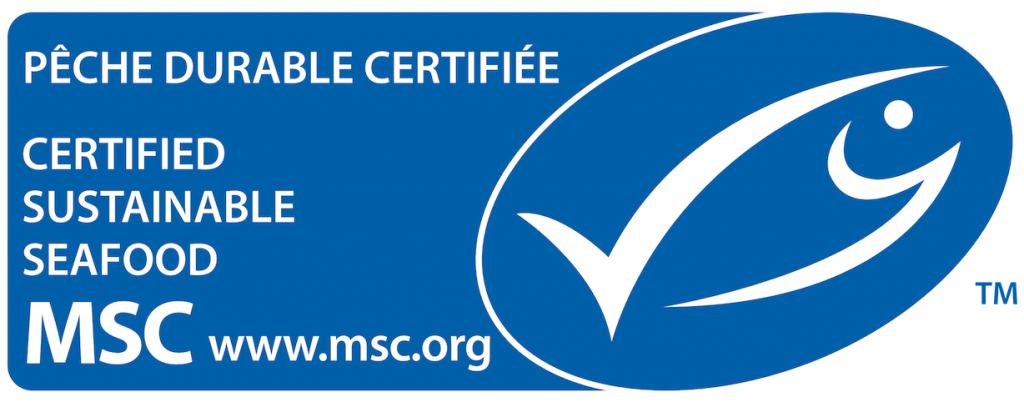
The offshore lobster fishery has many of the same conservation measures, including an annual limit referred to as total allowable catch.
In seafood, certification is an industry-led, voluntary process that proves a fishery is well-managed and sustainable regardless of size, type or location. 97% of Canadian lobsters come from fisheries independently-certified by the Marine Stewardship Council, and we’re always working to improve traceability.

More to explore

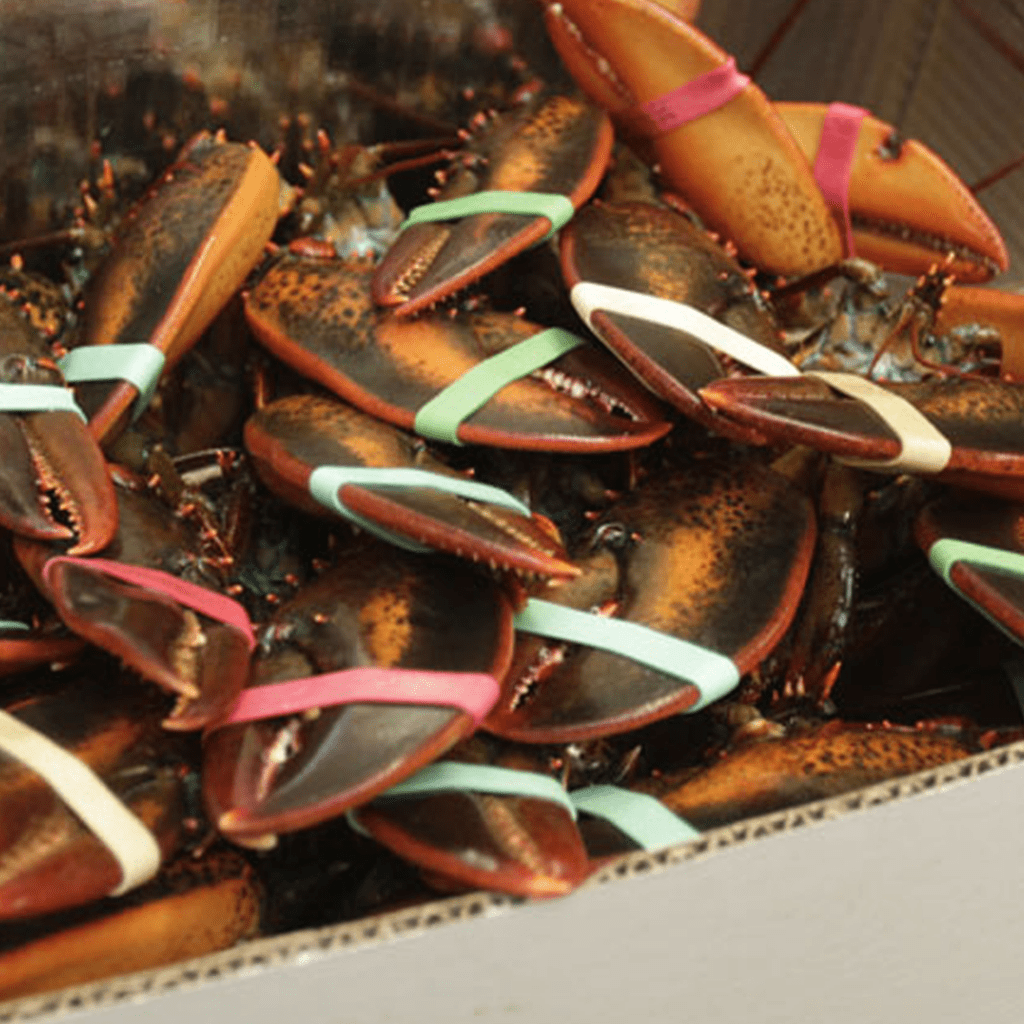
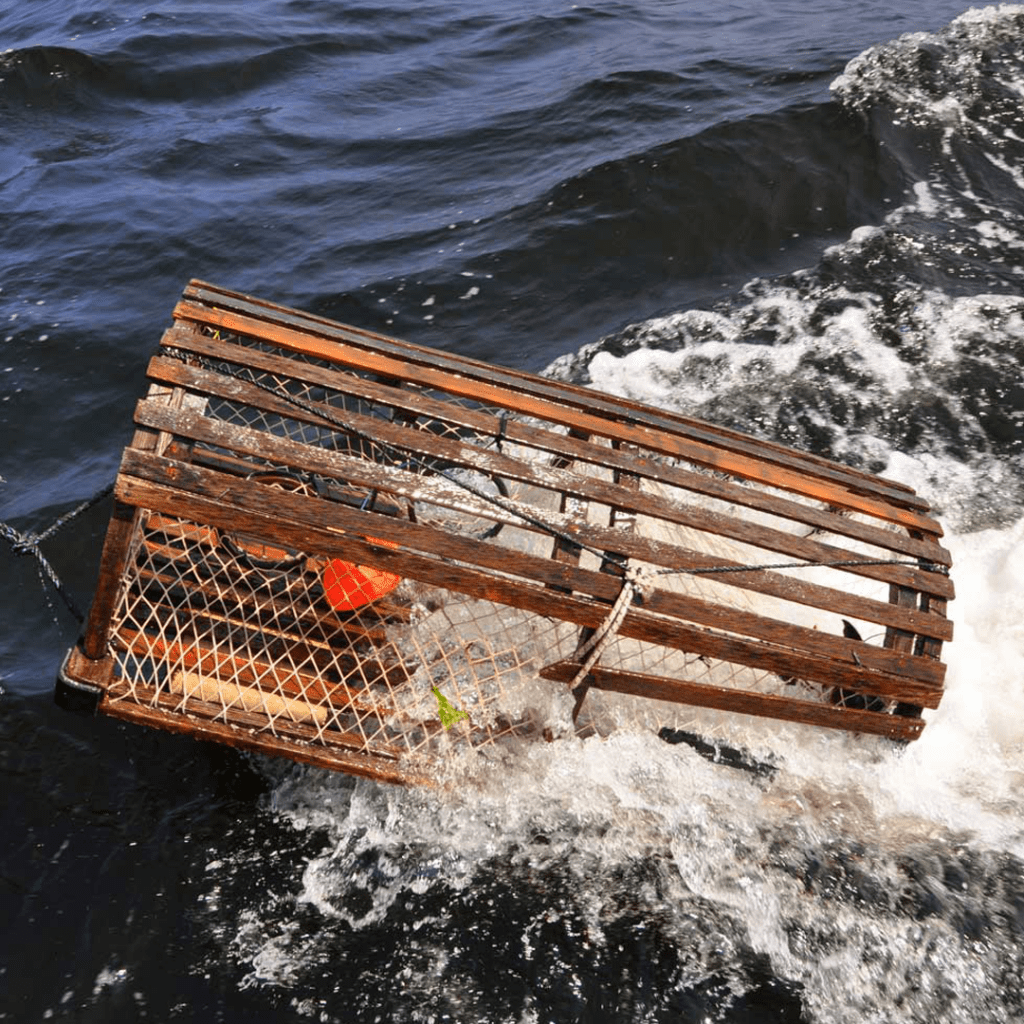
Our Industry
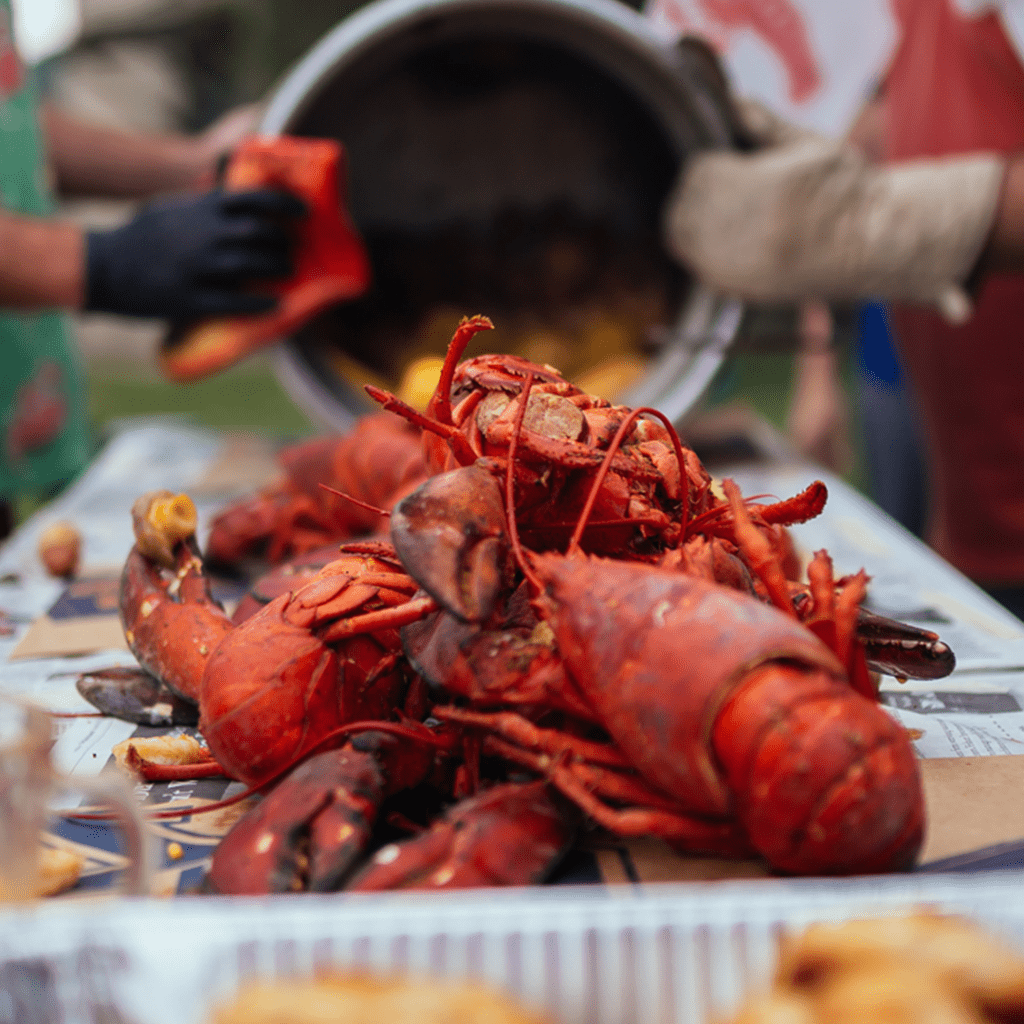
Lobster 101
